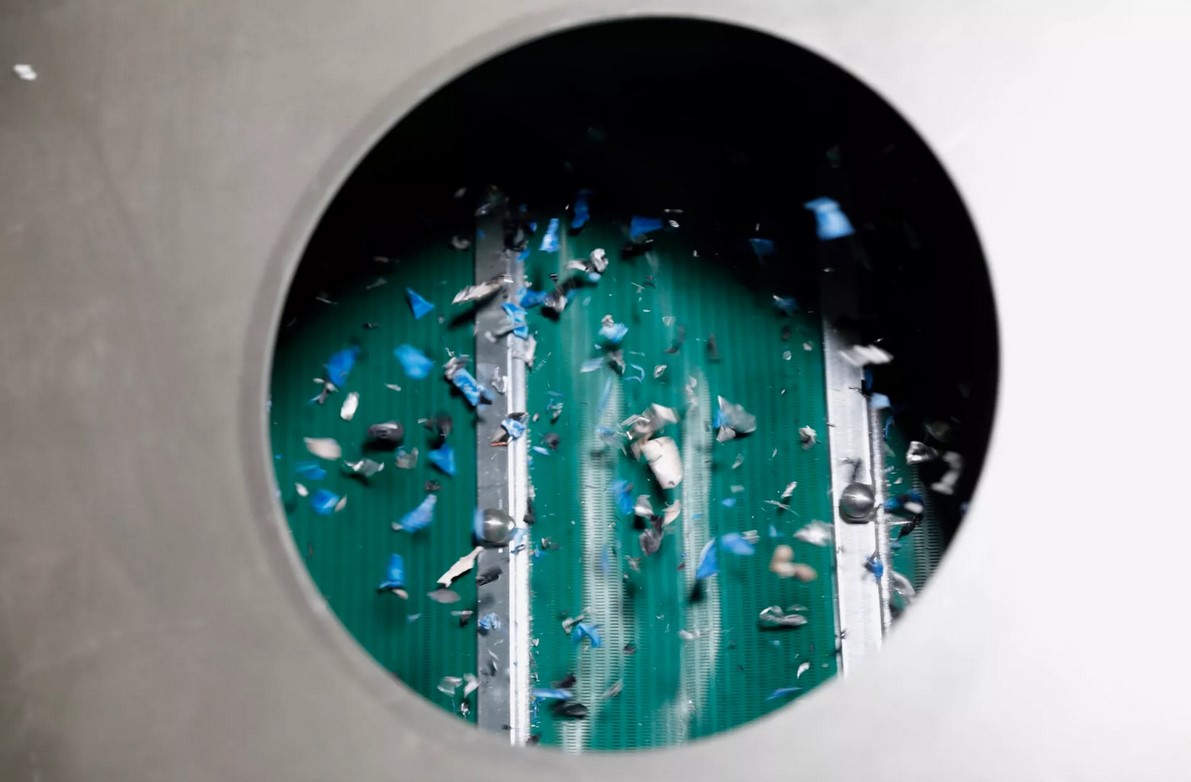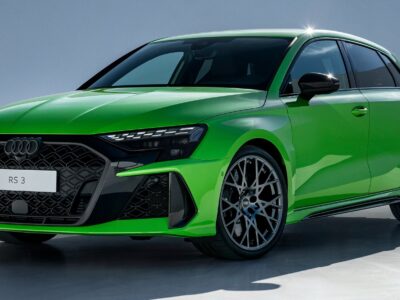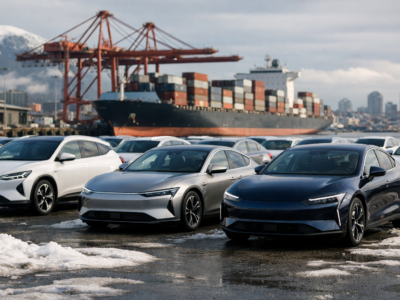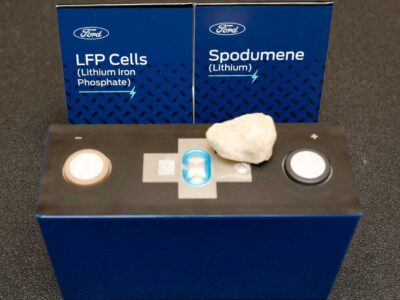
China is leading the United States and Europe in electric vehicle battery recycling, according to a new Bloomberg report, and this could enhance China’s electric vehicle advantages in the future.
The battery recycling business in China is booming, according to the report, citing data from Circular Energy Storage consultancy, which shows that “the nation dominates when it comes to pre-processing and material recovery.” Circular Energy Storage expects China to have nearly four times more batteries to recycle by 2030 than in 2021.
However, as Bloomberg describes it, China’s current battery recycling industry has a Wild West feel. The report describes individuals posting ads on social media to locate recyclable batteries as part of a large gray market.
China has national standards for dismantling battery cells and transporting battery components, including a rule stipulating that batteries must travel to a recycling facility in trucks equipped with smoke alarms and be shipped in fireproof, heat-resistant containers. But government-issued guidelines and regulations are difficult to enforce and are often violated because they increase the cost of recycled materials, notes the report.
Industry guidelines also dictate that recycled batteries produce 98% of the original cobalt and nickel content and 85% of the lithium. These are significant goals for China, which imports over 90% of its cobalt and nickel and more than half of its lithium, according to the report.
The increased battery recycling has broader implications for the global automotive industry. It is a key component in achieving the so-called circular economy, where materials used to manufacture goods are recycled once a particular item (in this case, a car) has reached the end of its lifespan. This could significantly reduce the environmental impact of electric vehicles by decreasing the need to extract new raw materials from the earth.
Toyota and Redwood Materials are involved in battery recycling efforts in the U.S. The Biden administration has aimed to prioritize electric vehicle battery recycling in the U.S., partly to address shortages of raw materials in the supply chain. However, a 2021 report from research firm Wood Mackenzie predicted that the battery recycling market would not heat up until 2030, in part because, for now, new battery packs are cheaper.
Some automakers, like Toyota, are specifically targeting the recycling of prolific hybrid models to obtain more batteries for electric vehicles in the future. BMW is also considering what it would take for the vehicle, its battery, and its propulsion system to be entirely part and product of a circular economy.
However, another option is to reuse electric vehicle batteries in other applications, such as energy storage, rather than recycling them. Given this changing economy and circularity, there is not always a clear answer to whether it is better to reuse or recycle degraded electric vehicle batteries.







